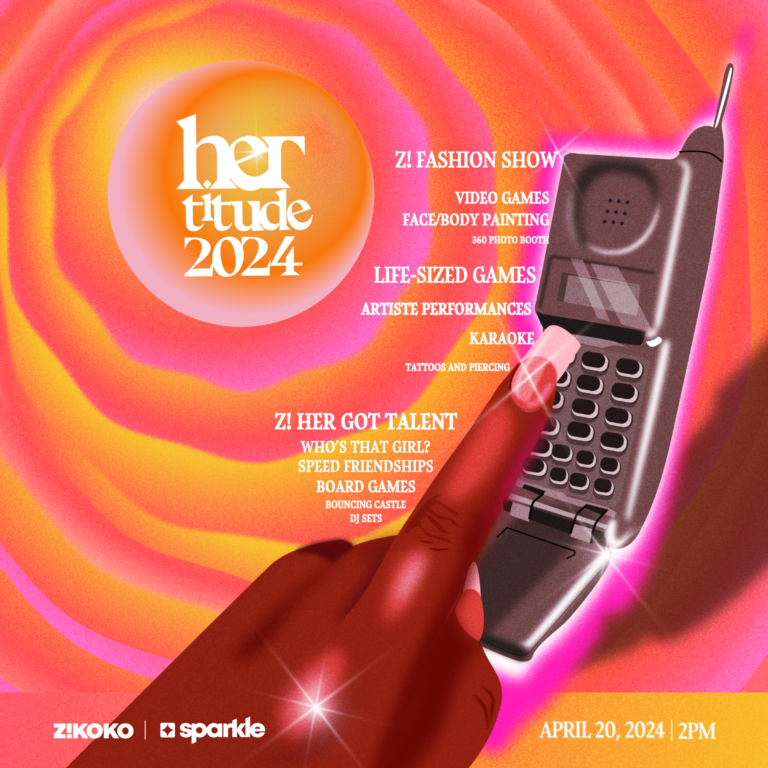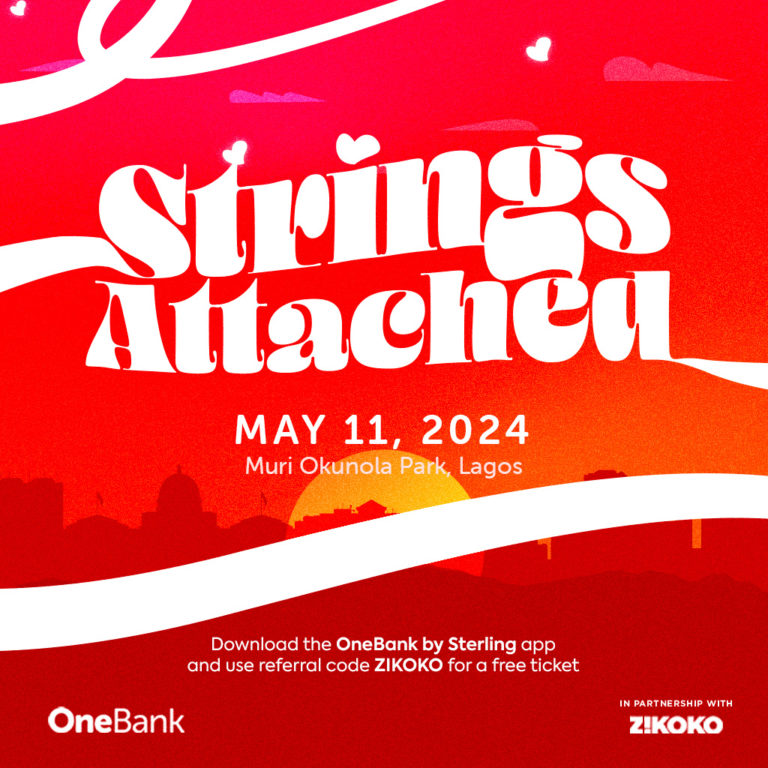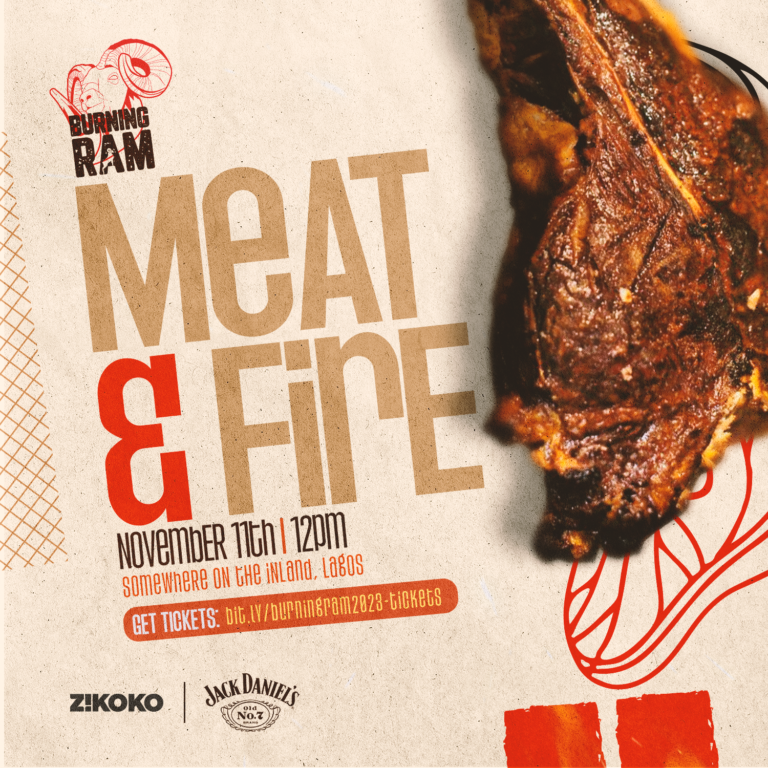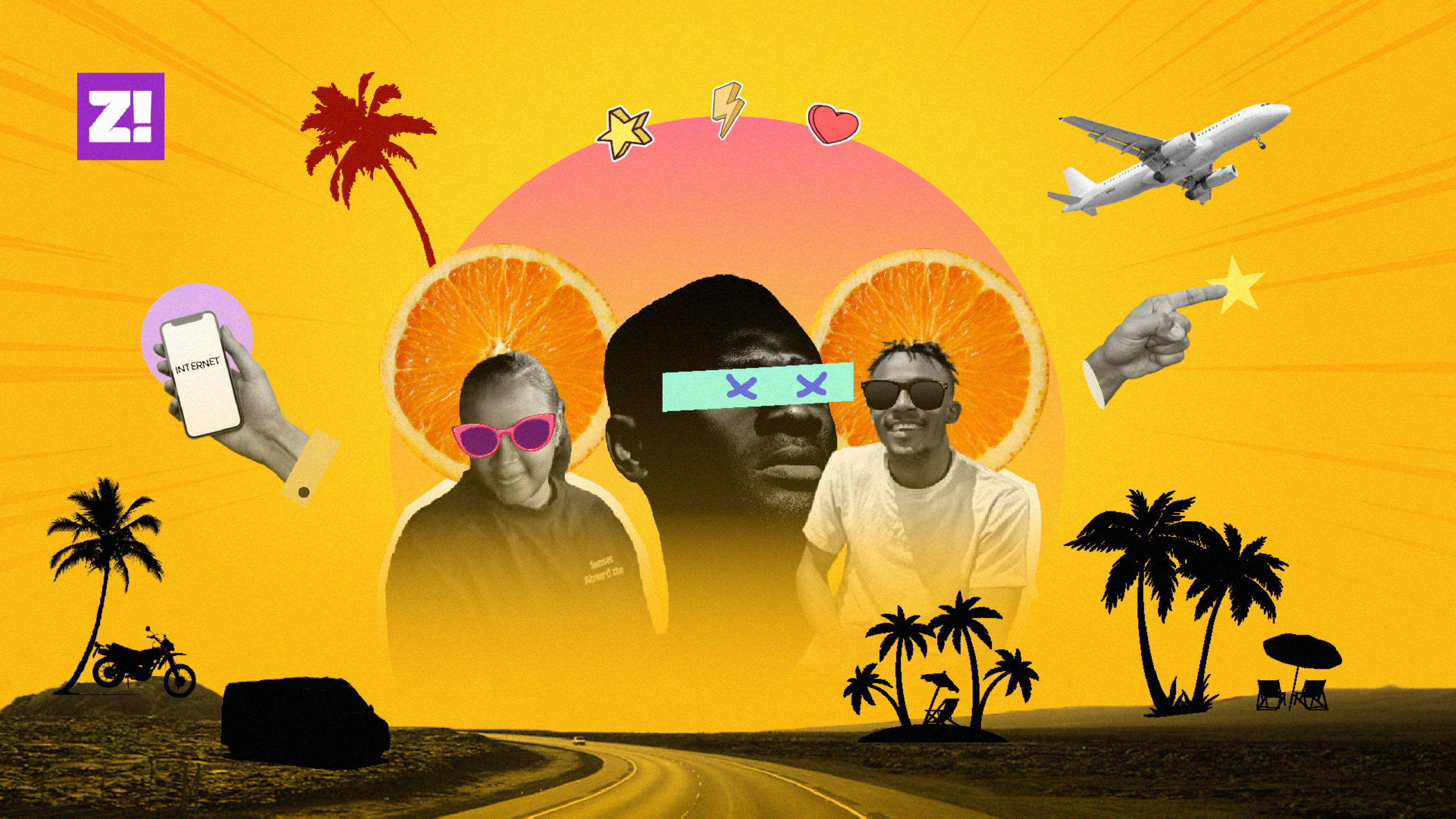What does it mean to be a man? Surely, it’s not one thing. It’s a series of little moments that add up. Man Like is a weekly Zikoko series documenting these moments to see how it adds up. It’s a series for men by men, talking about men’s issues. We try to understand what it means to “be a man” from the perspective of the subject of the week.
This week’s Man Like Ibejii, a lawyer, businessman and creative. He talks about how growing up with parents that went hot and cold with each other made him reclusive, becoming a “double person” so he could fit in with the world and getting into music after years of practising law.
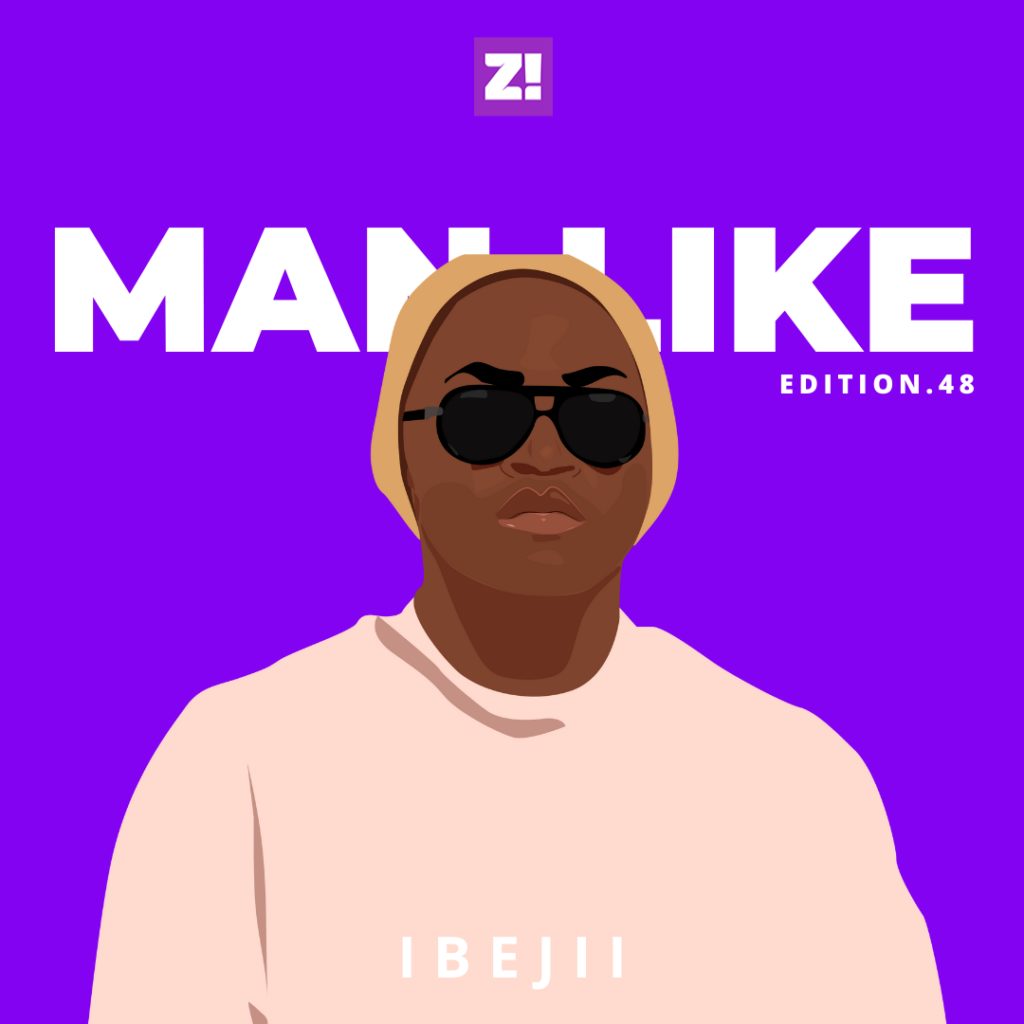
What was growing up like?
I grew up with a sense of abandonment. My parents were very into each other, but their dependency on each other led to cataclysmic-type events. They were very discrete with their fights; it happened in their room. But we’d wake up the morning after and one of them would have flown out of the country. One person was always leaving and coming back. And for my two siblings and me, it was a bit much.
These absences were for days or weeks, but it’d feel like years. We would weave stories to explain their absence to friends of the family. When they got back, they tried hard to fill the gaps. Chocolates, sweets, attention, but that didn’t work.
When they were happy, the home was the most amazing place. We lived a communal lifestyle where our parents gave us the most attention. But when they fell apart, I know I felt lost.
How do you think that affected your development?
It didn’t help that I was the middle child. My older brother had the looks, my younger sister was the first girl. My mother, a Yoruba woman, was called Mama this or that, and this or that was either my brother’s name or sister’s. Never mine. So I felt less attended to and fell more into my space.
With feeling lost and abandoned came a sense of aloneness and sensitivity. I had this fear of people, but I was in it alone. You could say I started living a double life. I did well in school, could hang around people, but I did better in my own space. I read a lot and I picked up writing. I would write and write and write. It became how I expressed myself.
I also realised I was sensitive to other people’s emotions — an empath — and as I grew older, I found myself in situations where I was always giving advice. I ended up studying law. People I gave advice started asking me to work with them, so I got into business.
When did it hit you that you were a “man”?
In the shadow of a 6’3, light-skinned, good looking older brother, I was the brooding irrelevant sibling — especially with girls. But one day when I was 13 or 14, my family and I went to see some cousin in Ibadan, and as we walked into my cousin’s house, a girl in the sitting room looked at me and kept staring. She was transfixed. I didn’t think much of it, but minutes later, my cousin came to me and said his friend liked me. I told him thanks. He said, “No, my friend is losing her mind over you.” I looked towards my brother and thought, “Didn’t she see him?”
For the rest of that day she kept staring at me. She couldn’t stop because apparently, she had never seen anything so divine in her life.
LMAO.
At that point I was like, “Oh my god. There’s something about me girls find interesting?” I realised I was a fine man.
Recently I asked my brother, “Do you remember when you were the idol? Guess who is the idol now?”
That’s smooth. I have a two-part question. Why did you get into music and when did you realise you were an idol?
Music started as another medium to pour my thoughts and tell stories. I enjoyed it particularly because it came with sound. I could mix my thoughts and words with sound? I was taken. Working with other creatives also added colour to music.
The first time I realised I was a creative was when on stage in London, a host said, “Ladies and gentlemen, all the way from Lagos, IBEJII.” I got on the stage and all sorts of people were cheering — friends, family, strangers. I thought, “They’re here to watch me perform? They’re actually taking me serious?”
How did your family react to your interest in music?
My father was a bit more accomodating because he’s also has a creative side. But my mum and siblings didn’t take it that well. My siblings thought I was having a crisis. My mother took it the worst. I have a lot of law qualifications and the whole point was so I’d be this great lawyer, and so the switch shocked her.
But something interesting happened a month ago. The day after my last single was released, she called and said, “I’ve been listening to ‘Gonto’. It’s an absolutely beautiful song.” She apologised for disrespecting my craft and said I was really good.
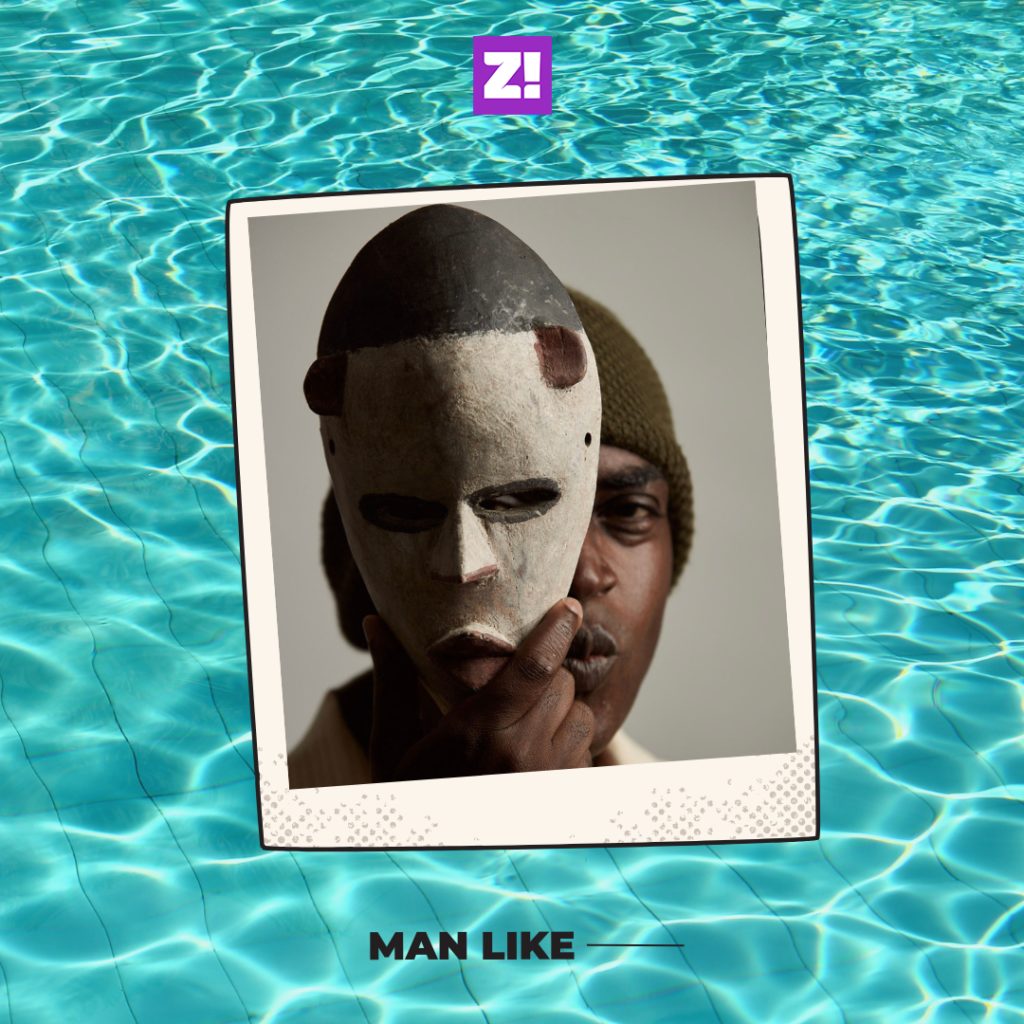
I’m curious about how these experiences have shaped the person that you are now.
I realised that it is my life and I would only get one shot at it. I was going to try out everything.
I love being in the centre of the noise as an observer. So I love cities. I live in stillness and quiet within cities. If you find me in New York, I’ll most likely be in Manhattan. I’m fine with the world bustling in my presence, just give me my own space within it.
Balance with spaces is easy, but with people, it’s a bit tricky. So I cling to a few people — people who I work with on a daily basis. I get a lot of flack for not caring about friends and family, but that’s not true. I think about them all the time, but being around too many people crowds my senses. So I avoid it. At most I can entertain four, five people in my home, and we’d talk about everything. But put me in a crowd, and I crumble.
How is that going? What haven’t you crossed off your list?
Umm…
By all means, take your time.
I think I may have tried everything. I’ve released five albums, I wrote a script for a movie and shot my first movie, I’ve travelled the world, I have loved and been loved. I’ve done most things I’ve dreamt of.
One outstanding want would be to write a travelogue. I want to take a trip for three years and just enjoy that — sleep in a hammock, wake in a wine sill, just living life with no regard for the broader culture.
I can’t wait to read that!
Check back every Sunday by 12 pm for new stories in the Man Like series. If you’d like to be featured or you know anyone that would be perfect for this, kindly send an email.

